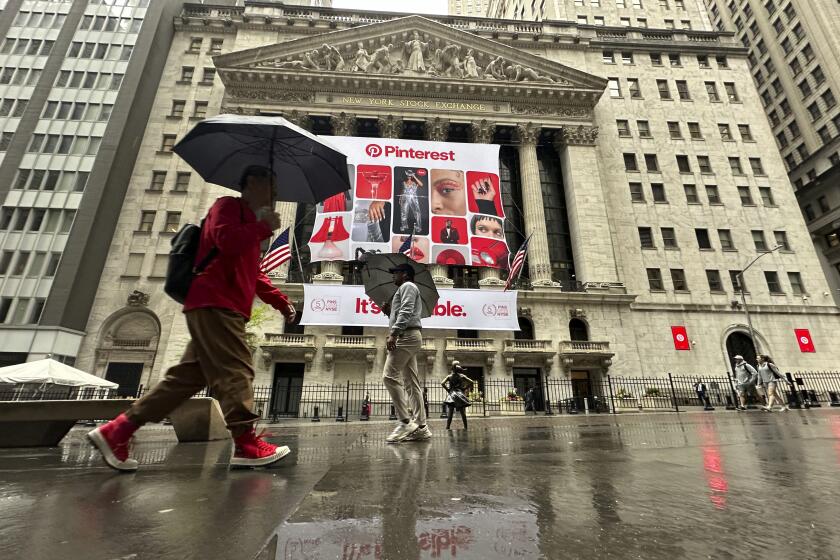A Sweatshop Is Better Than Nothing
Last month, after I wrote my final college tuition check of the year, I still had $1,000 left in the bank. After a good deal of research, I decided my money had the most potential for growth in an international fund that invests heavily in emerging economies.
That night, I called my father, who is neither a practiced nor a successful investor, to inform him of my decision. An international fund puts money in developing global markets like the Philippines, China, Poland and Mexico.
Knowing my father’s position on many issues concerning global politics, I should have expected his response: How could I contribute to a fund that surely sustains companies that invest or invested in child labor, sweat shops and other practices that demean humanity? How could I live with myself, knowing that I was helping to maintain and condone practices that are not tolerated in the U.S.?
They are good questions, they are inevitable questions, and they are questions that need to be addressed on a national and global stage, especially now that the market economy has transcended so many boundaries worldwide. I’ve answered his questions and, despite the recent protests by environmentalists and labor representatives at the Summit of the Americas in Quebec City over global commerce, I’m resolved to invest in corporations and countries that fundamentally reject the Western ideal of universal human rights.
I am not concerned with exploitation of workers, because I know my investments will help make the people of those countries better off than they are.
Living in the United States, many of us grow up with the skewed notion that our values and experiences are the right ones. So many of us believe the world would be a happier, nicer and better place if developing nations could or would just adopt the morals, virtues, values and experiences that America represents.
Unfortunately, this ideal can’t be applied in the rest of the world. Developing countries have their own particular problems, particular religions and particular values, morals and histories. Sometimes, we Americans have to realize that other people see their world through their own eyes and not ours. Sometimes working for a sweatshop, for example, is the best that they can expect. Sometimes 25 cents an hour is a whole lot better than nothing at all.
How do you jump-start an economy whose people lack the facility and sophistication to take advantage of their nation’s resources? Encouraging internal trade isn’t the answer, because most of these countries have little to trade and not enough capital to circulate through their economies and use to generate more capital.
In order for a developing country to begin exporting goods and get money circulating, it must encourage foreign investment, which sustains new economies by developing new industries that attract a domestic work force.
I’m fully aware that foreign investors put money into developing countries to exploit cheap labor. But they are also generating money that wasn’t there before, money that can be used for further development. Investors like myself are giving developing countries a better chance at growth, something they probably couldn’t accomplish otherwise.
And still so many of us choose to see injustice in this type of global investment. We investors can still make our choices--and from comfortable seats in which we can leisurely watch the injustices unfold on CNN. We choose to see the 7-year-old girls from India sitting at looms for hours everyday, weaving rugs so that they can bring home $10 a month to help their families. Many of us, though, choose not to see the little girl who is not working and is starving because her family doesn’t have the money to feed her.
We choose to see the Mauritanian who works 18-hour days in the fields, only to come home to a blanket, a little food and a small paycheck. We choose not to see the jobless Mauritanians, the ones lying on the streets, without food, who may end up lifeless. We choose to see the people who have taken the first step toward helping themselves. We choose not to see the ones lying dead because they did not have work.
The questions for the investor seem harrowing. Do we invest in corporations that we know are exploiting labor in ways that would never be permitted in the U.S.? Or, do we decide not to invest in these companies, choosing instead to entrust our money to companies with more American ideals?
I choose not to be swayed by the pictures on CNN or by the push for universal labor standards. I choose to put my paltry $1,000 into an international fund that invests in labor-exploiting corporations, because I am not afraid to see the world through the eyes of those my money will benefit and not the eyes of America.






